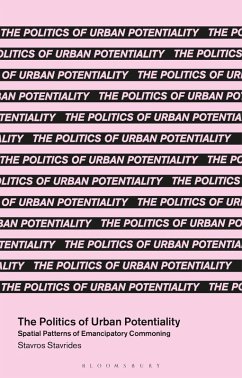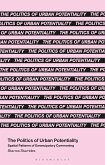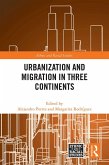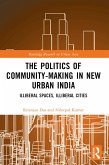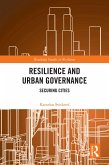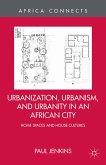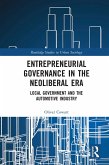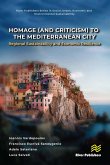This volume examines how urban potentiality emerges in performances that reclaim the city, acting as an emancipatory force when dominant patterns of urban behaviour are thrown into crisis. It can result in establishing new habits of inhabiting city space, collective experiences shaping practices of urban commoning, re-inventing community relations, and freeing collaboration from capitalist expropriation. Instead of problematizing such radical change through the modernist belief in heroic unique acts, we need to explore the power dissident performances acquire when repeated. In search of an emancipatory politics of urban potentiality, commoning thus has the ability become a collective ethos based on mutuality and equality rather than merely a relatively fair way of sharing urban infrastructures.
In this book, the leading social and urban theorist Stavros Stavrides draws on a wide range of classic and historical thought on the urban question and social transformation. Drawing from research in Latin American urban movements, from activist participation in urban struggles in Greece, and citizen initiatives developed in Europe, this book expands the discussion on the potentialities of urban commoning to demonstrate how an emancipatory urban future may be achieved.
In this book, the leading social and urban theorist Stavros Stavrides draws on a wide range of classic and historical thought on the urban question and social transformation. Drawing from research in Latin American urban movements, from activist participation in urban struggles in Greece, and citizen initiatives developed in Europe, this book expands the discussion on the potentialities of urban commoning to demonstrate how an emancipatory urban future may be achieved.

